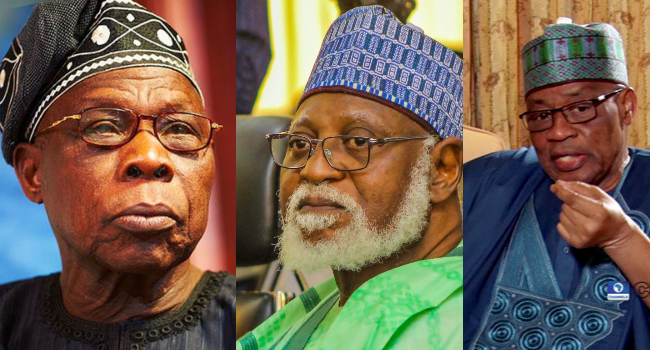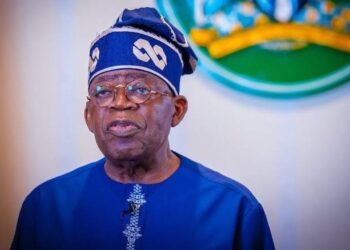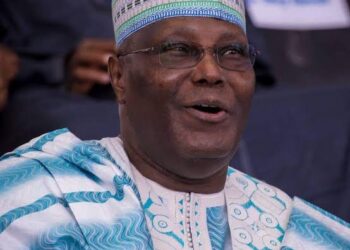In a significant political development, former President Olusegun Obasanjo recently engaged in a private meeting with several prominent former Nigerian leaders. This meeting took place in Minna, Niger State, and included former Military President Ibrahim Babangida, former Head of State Abdulsalami Abubakar, and former National Security Adviser Aliyu Gusau.
Obasanjo arrived in Minna on Sunday afternoon at approximately 4:15 pm. He traveled there on a chartered flight from Edo State, where he had been earlier in the day. In Edo State, he had paid a visit to Gabriel Osawaru Igbinedion, the Esama of Benin Kingdom, to celebrate his 90th birthday. This visit was a gesture of goodwill and recognition of Igbinedion’s significant milestone.

Following his arrival in Minna, Obasanjo went directly to Babangida’s Hilltop residence. This residence is known for being a place where many crucial discussions and meetings among Nigeria’s top political figures have taken place over the years. At the Hilltop residence, he was met by Babangida, who is a key figure in Nigeria’s military history, as well as Abdulsalami Abubakar and Aliyu Gusau. Both of these individuals have held significant positions in Nigeria’s government and military, making their presence at the meeting particularly noteworthy.
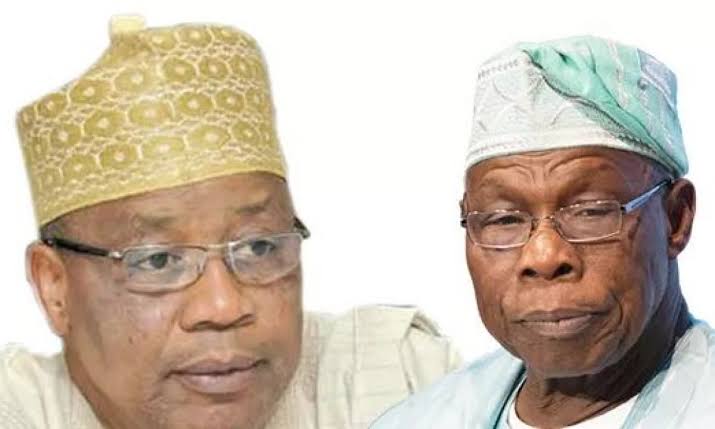
The meeting was held behind closed doors, and the details of the discussions have not been made public. However, there are strong indications that the agenda of their discussion might have been related to the increasing problems of banditry and insecurity that have been affecting Niger State and various other parts of Northern Nigeria. The rise in these issues has been a major concern for the Nigerian government and its citizens, with increasing incidents of violence and criminal activities disrupting daily life and challenging the stability of the region.
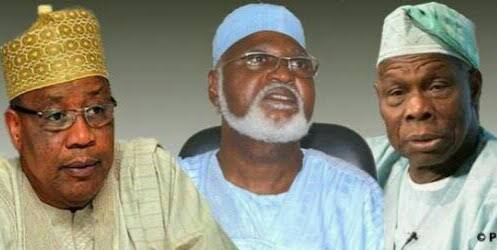
The involvement of such high-profile figures in this discussion underscores the gravity of the situation. As individuals who have previously held key positions in Nigeria’s governance and security apparatus, their input and perspectives could be crucial in formulating strategies to address the growing security challenges. The former leaders’ meeting may also indicate a collective effort to address these issues through dialogue and cooperation among Nigeria’s experienced political and security figures.
While the specific outcomes or decisions from this meeting have not been disclosed, it is clear that the discussions were aimed at tackling one of the most pressing problems facing the region. The focus on banditry and insecurity reflects the urgent need for effective solutions to ensure the safety and well-being of the affected populations. As Nigeria continues to grapple with these challenges, the involvement of seasoned leaders in seeking solutions is a step toward addressing the root causes of insecurity and working towards a more stable and secure environment.


